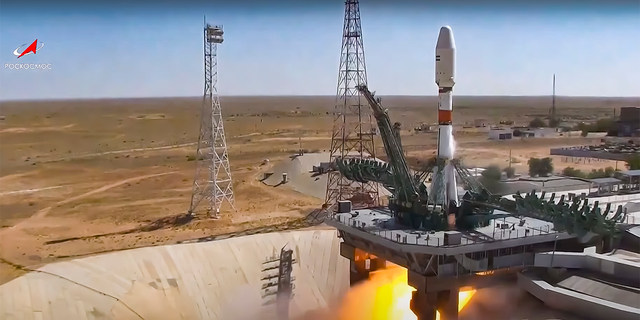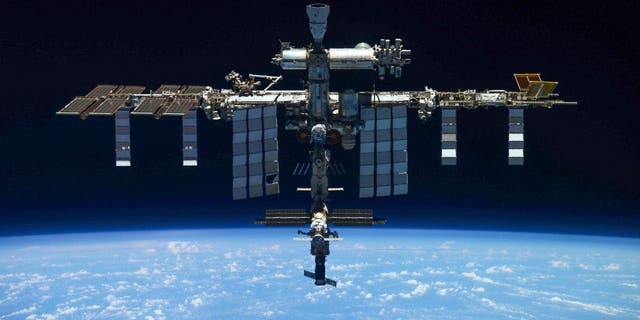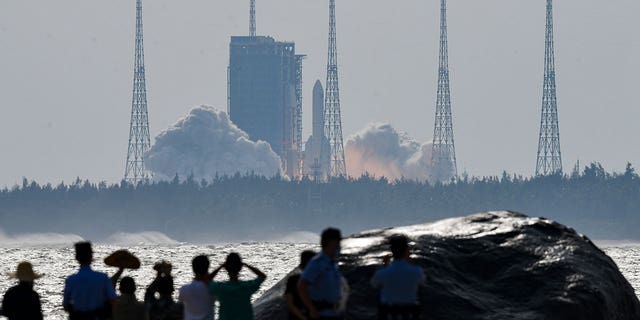Russia, China sign deal on joint lunar station
Russia and China have signed a deal to develop a joint lunar station more than a year after first revealing their plans, announced head of Moscow’s space agency Roscosmos Wednesday.
“After a detailed analysis of the landing area by automatic probes, soil sampling and researches into the presence of water, we will switch over to the next phase: possibly and most likely in close contact with our Chinese partners this will involve building a future lunar base,” Yury Borisov said during a live broadcast according to Russia state owned media outlet TASS. “Quite recently, we signed an agreement with the Chinese side on joint work in this field.”
Plans for the moon base, dubbed the International Lunar Research Station, were first revealed in June 2021 during the Global Space Exploration Conference in St. Petersburg by Roscosmos and the China National Space Administration.

RUSSIA TO LEAVE INTERNATIONAL SPACE STATION PROJECT AFTER 2024, DIRECTOR SAYS
The lunar base is expected to be completed by 2035 and will involve the construction of a station both in orbit and on the moon’s surface.
Two missions are planned prior to the base’s completion between 2026 and 2030, including one that will take samples from the moon and deliver them to Earth, while another will test landing and cargo delivery capabilities.
The base will reportedly serve as a base for research, communications and electric power.

RUSSIA LAUNCHES ROCKET WITH MILITARY SATELLITE, UN LOOKS TO BLOCK SPACE ARMS RACE
While the Roscosmos head said the project will largely function as a research base U.S. defense officials have signaled in recent months their concern over Russia-China relations when it comes to space security.
Defense Secretary Lloyd Austin held a classified meeting in September to discuss mounting concerns over Moscow and Beijing’s alleged efforts to develop space weapons as well as China’s increasing use of satellites to collect data, intelligence and communications, reported Defense News.

A readout from the meeting said top defense officials discussed “how China and Russia’s potential development of fractional orbital bombardment systems and space-to-ground weapons could impact U.S. deterrence and strategic stability.”
The officials also discussed U.S. response systems and future weapons and defense developments.
Read the full article Here


